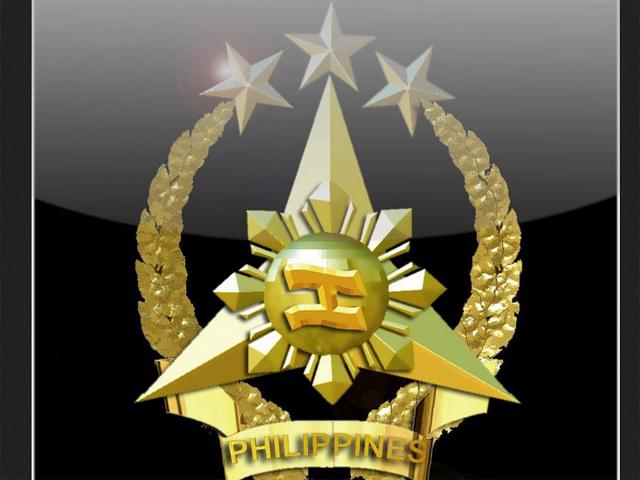Military opposes SOGIE bill, says it could compromise rights of majority

The Armed Forces of the Philippines has expressed its opposition to the proposed Sexual Orientation and Gender Identity Expression (SOGIE) bill, claiming that such as measure will compromise the rights of the majority.
In its position paper submitted before the House Committee on Women and Gender Equality, the AFP said that the proposed anti-discrimination bill is just a reiteration of protection already provided under the Philippine Constitution and other existing legislation such as the Labor Code, Civil Code, Anti-Graft and Corrupt Practices Act, Code of Conduct and Ethical Standards for Public Officials, Revised Penal Code and Anti-Sexual Harassment Act of 1995.
The bill seeks to penalize discrimination committed against the Lesbians, Gays, Bisexual, Transgender, Queer, Intersex and Asexual (LGBTQIA) community.
“The Armed Forces does not subscribe to the passage of the SOGIE bill. The AFP does not discriminate anybody based on sex and gender,” the AFP said.
According to the AFP, “As a government institution, the military has existing polices and standard operating procedures protecting personnel from discrimination and harassment. It would be unjust to grant special privilege to some persons at the expense of the basic rights of others.”
In the 15 proposed anti-discrimination bills, "discriminatory practices" include:
- denying access to public services, including military service, to any person on the basis of sexual orientation or gender identity or expression
- refusing admission or expelling a person from any educational institution on the basis of sexual orientation or gender identity or expression
- imposing disciplinary sanctions or penalties harsher than customary on the basis of sexual orientation or gender identity or expression
- denying a person access to public or private medical services open to the general public on the basis of sexual orientation or gender identity or expression, among others.
However, the AFP maintained that respect and compassion can be given to the members of the LGBTQIA community “without sacrificing the rights of the majority.”
“Our national and local laws, and AFP’s internal policies, provide for equality. These will be violated if the SOGIE bill will be pursued,” the AFP added.
However, authors of the SOGIE bill --Representatives Geraldine Roman of Bataan, and Malou Acosta-Alba of Bukidnon --argued that the measure is in accordance with the Constitution which provides that the government should govern “under the rule of law and a regime of truth, justice, freedom, love, equality, and peace,” adding that a law is needed for the realization of these virtues.
“The Constitution cannot promulgate itself. It is not a cure-all document. It needs an enabling law to address the specific problems of specific groups. That is why we have laws protecting women, senior citizens, cancer patients, and yet we do not have a law against discrimination against LGBTQIA,” Roman, a transgender woman, said.
“Bakit wala pa? We are capable of filling this legal void and afford respect and recognition due to our fellow human beings. If you can extend respect and recognition to me, then you should extend the same respect and recognition to those who are not as fortunate as me. They are your brothers, sisters, friends, the excellent director, beautician, singer…they deserve the same protection under the law. We should not turn a blind eye,” Roman added.
Acosta-Alba of Bukidnon, for her part, stressed that the measure is not about granting special privileges but providing the LGBTQIA community equal access to social services such as public education, social welfare, employment, legal protection from harassment, bullying, among others.
“This is for equality for all,” she added. —LBG, GMA News



